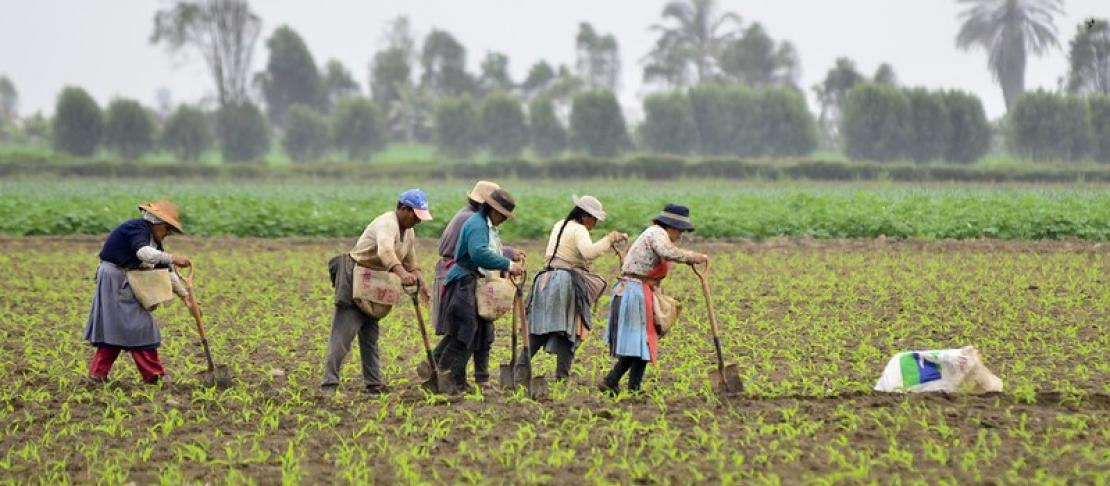International Specialization Course in Andean agriculture adapted to climate change


Huanuco, October 27, 2021. The global challenges facing the Andean region, and in particular agriculture in Peru, in the face of the effects of climate change, suggest the participation, collaboration, and exchange of knowledge between different institutions of the country, with the purpose of finding alternative solutions to improve the resilience of family farming. In this framework and with the objective of strengthening the technical capacities of professionals from public and private institutions in Peru on climate change, Climate-Smart Agriculture (CSA) practices, and the Climate-Adapted Sustainable Territories (TeSAC) approach, the alliance between the academia, research, development, and cooperation carried out the International Specialization Course in Andean agriculture adapted to climate change, from August 2 to October 6 of this year.
The course was attended by 57 professionals from more than 15 institutions, who participated in different synchronous and asynchronous activities and exchanged knowledge with 33 experts on different topics. The course lasted 120 academic hours, divided into five modules: general concepts, national guidelines and general approaches, principles of agroecology, tools, practices and technologies, and climate finance and project preparation.
The initiative had the participation of the universities: National Hermilio Valdizán (UNHEVAL), National San Antonio Abad del Cusco (UNSAAC), National Center of Peru (UNCP), University of Huancavelica (UNH), National Daniel Alcides Carrión (UNDAC); and from institutions such as the National Meteorology and Hydrology Service (SENAMHI), the International Potato Center (CIP) of the Andean Initiative, the Alliance for Bioversity International and CIAT, the Swiss Independent Development Organization (HELVETAS) and technical cooperation and scientist with the CGIAR Research Program on Climate Change, Agriculture and Food Security (CCAFS).
For further information:
Milka Tello – UNEVHAL – milka_hco@yahoo.com.pe
Paola Flores – CIP – p.flores@cgiar.org